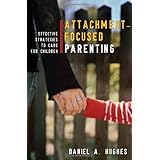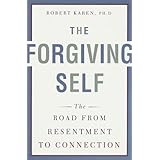
Average Reviews:

(More customer reviews)I wish, I wish, I wish I had read this book and heard Dr. Hughes speak before my explosive, difficult-to-parent foster son moved in. And then, reread the book again every three to six month months after that.
Fortunately, we have managed to make a lot of progress in spite of my mishandling of many situations, but how much sorrow and anguish we could have saved for both my son and myself had I understood what was going on.
For me, the book is a perfect blend of theory and example, but I do think Dr. Hughes (or someone) might consider writing some of this advice in the format of Boy's Town Foster Parent book, which is so helpful because it just tells the parent: do this. Sometimes, when the chaos is at its most intense, I need to be told what to do (kind of like my son!)
For those of you who are foster parenting and want to be reminded of what a difficult, demanding job you are doing, how important your role in the life of the child is, and that there is hope to create a loving, joyful relationshiop -- read Dr. Hughes book, and, if you can, attend a workshop. My hope, energy and commitment have been renewed. Thanks Dr. Hughes.
Click Here to see more reviews about: Attachment-Focused Parenting: Effective Strategies to Care for Children (Norton Professional Books)



